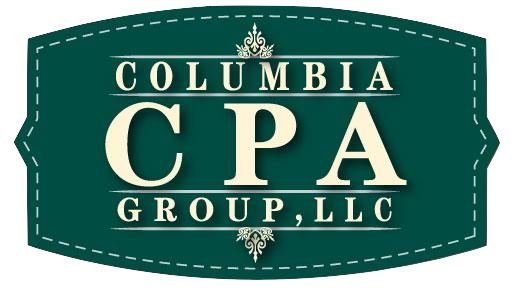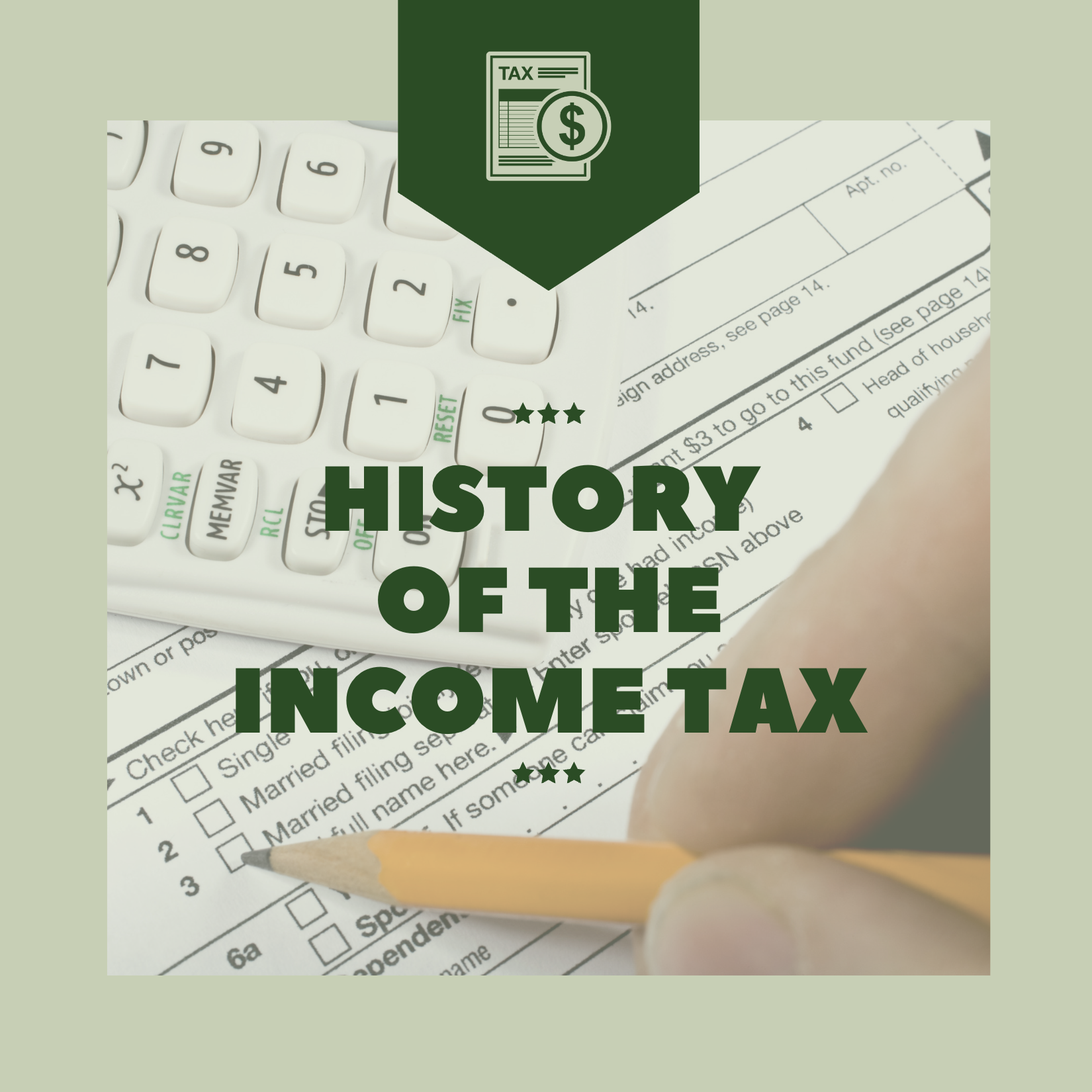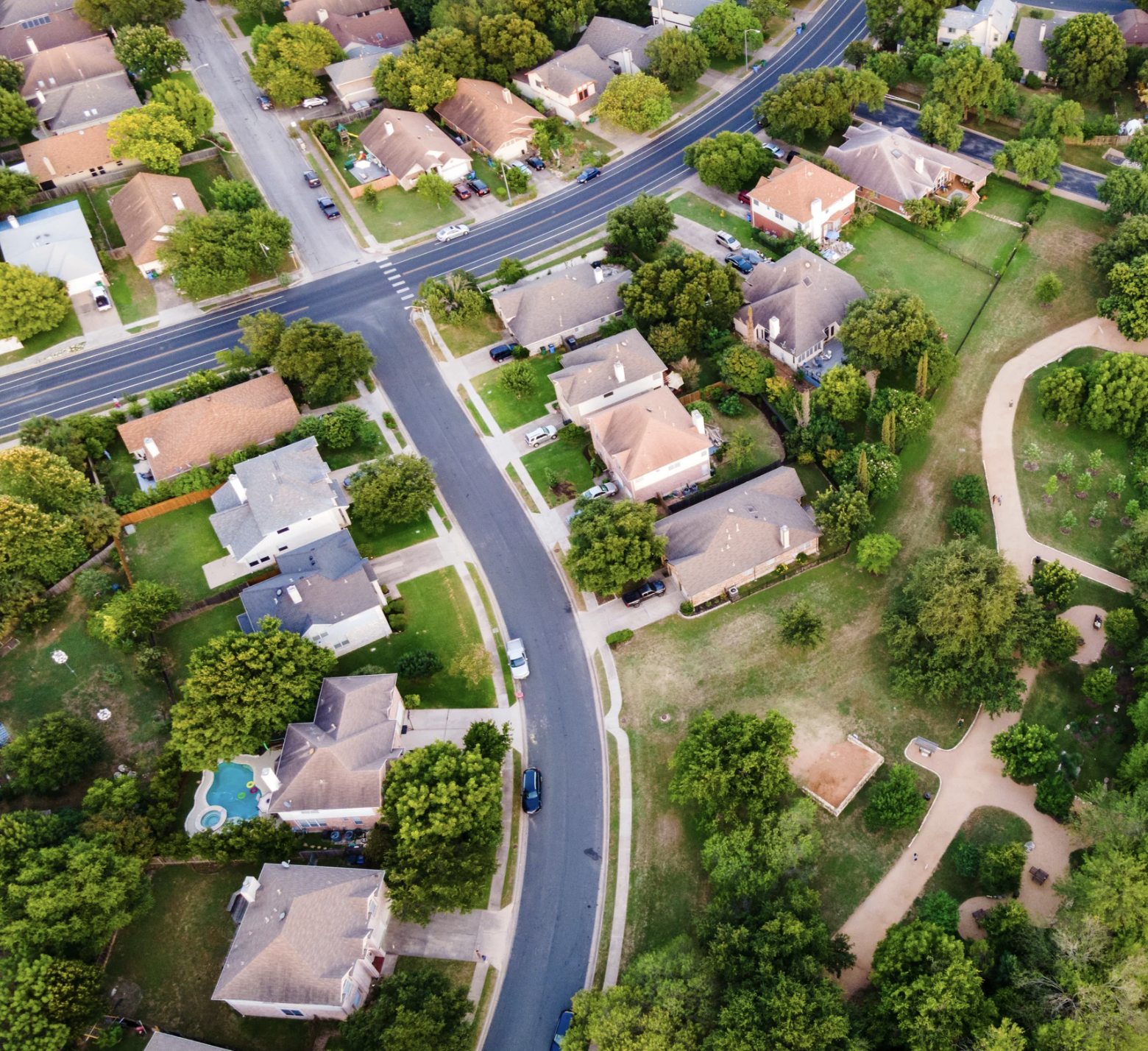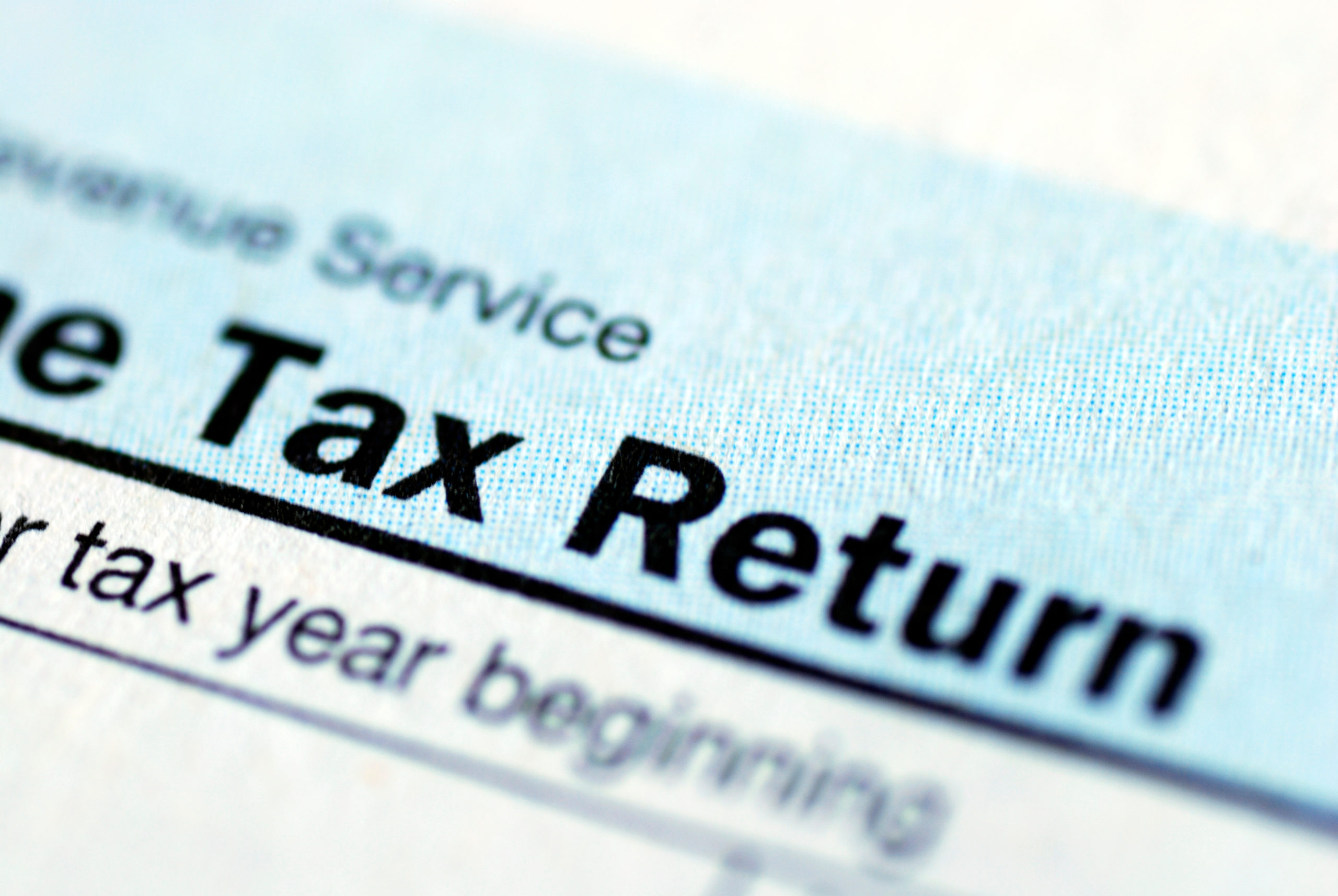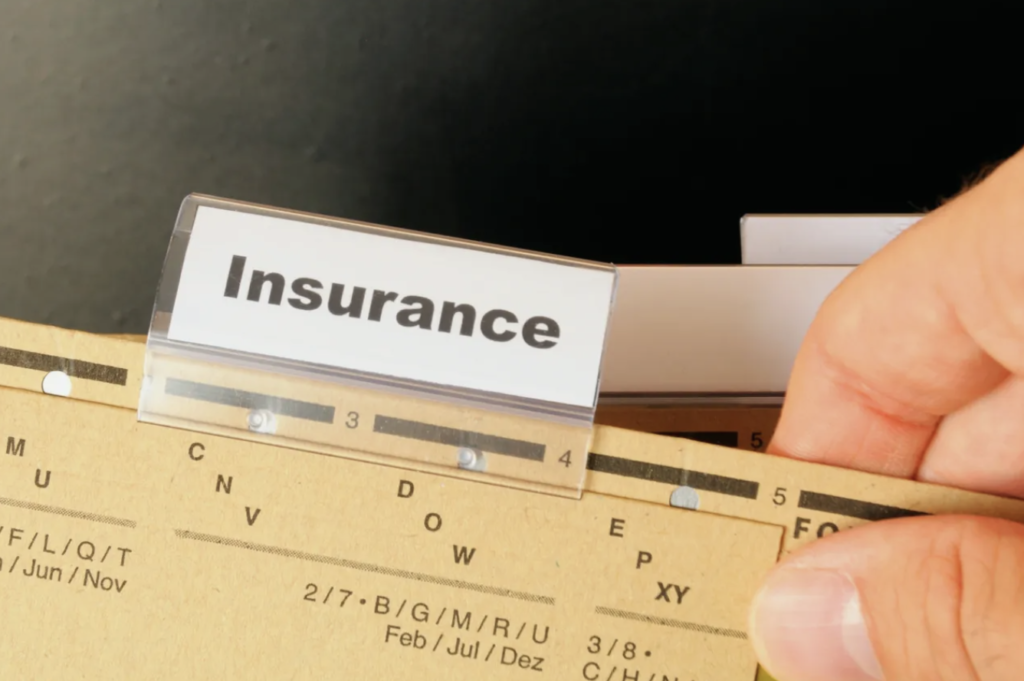
The continuing COVID-19 pandemic and the recent riots and civil unrest got me thinking about disaster preparedness. This has been a topic of interest for me for more than 20 years. In fact, I guess you could trace it back to my youth as a Boy Scout. “Be prepared” is the scout motto. Since taxes deal with money and money affects every aspect of life, I thought it would be helpful to some readers to review some best practices for preparing for eventual disasters. There is too much to cover in one article, so this is part one.
As the old saying goes, “an ounce of prevention is worth a pound of cure.” This axiom by Benjamin Franklin is still true today. It was originally used in the context of fire safety but still applies today to other aspects of life. I assert that there are more potential perils today than when Mr. Franklin lived. (9/11/01 comes to mind, as does the Hindenburg disaster, car accidents, plane crashes and the atom bomb.)
The Bible (Prov 22:3, NIV) states a similar truth: “The prudent see danger and take refuge, but the simple keep going and pay the penalty.” The lesson of these wise words is to be aware. Observe your surroundings and potential threats. Act now to yield a better result. Here are a few examples. Pull your car into the garage if you hear that a hailstorm is heading your way. Apply sunscreen to your skin to avoid sunburn. (I have actually received second degree burns from the sun.) Go immediately to your basement or other shelters if you hear a tornado siren. Don’t get your camera and try to film it!
Here are some disasters that have occurred in the last few years in mid-MO.
- Tornado
- Flood
- Fire
- Blizzard
- Storm
- Theft (physical, identity and tax)
- Civil unrest
- Economic recession (stock market crash 2000, 2008 & 2020)
Before proceeding, let’s assign priorities to our concerns. Certainly, our first concern would be our family. We should take every precaution to protect our families and minimize the impact of potential disasters to our loved ones. For most business owners, their businesses would come next and then, finances. If a business is lost, the engine to recover from financial losses resulting from a disaster will be lost.
I am not an expert in disaster preparation and recovery. Consequently, what I have to offer are some commonsense ideas and some referrals to articles and websites that I have read. Here are some resources I found helpful:
- Disasters and Financial Planning, A Guide for Preparedness. A 44-page pdf pamphlet produced in cooperation of the AICPA Foundation, National Endowment for Financial Education, and the American Red Cross. https://www.smartaboutmoney.org/Portals/0/ResourceCenter/DisastersandFinancialPlanning-PreparednessGuide.pdf
- Disasters and Financial Planning, A Guide for Preparedness and Recovery appears to be an updated 52-page online document (of #1 above) produced in cooperation of the AICPA Foundation, National Endowment for Financial Education, and the American Red Cross. https://www.redcross.org/content/dam/redcross/get-help/pdfs/disasters-and-financial-planning-guide.PDF
- The official FEMA website focuses on an emergency communication plan. Its 3-step formula is: 1) Collect, 2) Share, and 3) Practice. https://www.ready.gov/sites/default/files/2020-03/create-your-family-emergency-communication-plan.pdf
Believe it or not, the IRS usually issues official tax breaks for people suffering from an official disaster. You are welcome to google “FS-2008-27, December 2008” to find the numerous tax benefits afforded to taxpayers in specific counties of seven states at the hands of mother nature. So, the benefits to taxpayers mentioned in my last two articles are not uncommon.
My apologies if this topic seems to be overwhelming. The key is to address potential perils in order of likelihood and commit to taking actions that you have identified are necessary and affordable. For example, in the list above, I think fire is the most likely. So, I have determined to do the following three steps this week. First, I will make sure we have working smoke detectors in the main areas of our home. For our home, that means two upstairs and two downstairs. Next, we need to have two fire extinguishers, one for each floor. Third, we need to have two exits from each room in our home. (In some cases, a window is the second option available to exit. So, I need to make sure those windows open and the screen can be easily removed.)
To minimize the financial devastation of a catastrophe, we need to address insurance. Did you know that a standard home insurance policy does not cover damage from a flood, an earthquake, or a sewer back up? Additional coverage (riders) need to be added to your basic policy to obtain those coverages. Years ago, when my wife and I purchased our first home in Mid-MO, our agent recommended that we pay extra to cover a sewer back up. We were very glad we did a few years later when we saw gray water coming up out of our basement drain. I will spare you the graphic details, but we needed new carpet and new walls. I think the total claim was about $20,000. That would have been a huge hit to our family finances without insurance.
Business owners should consider adding Business Continuation Insurance in addition to their existing Workers Compensation and Business Owner’s insurance. It would be nice to continue a stream of income if your desks and computers were carried away in a flood. If they own their building, they should review their current coverage when they review their homeowner’s policy.
Aric Schreiner, CPA, PFS, is managing member of Columbia CPA Group, LLC
